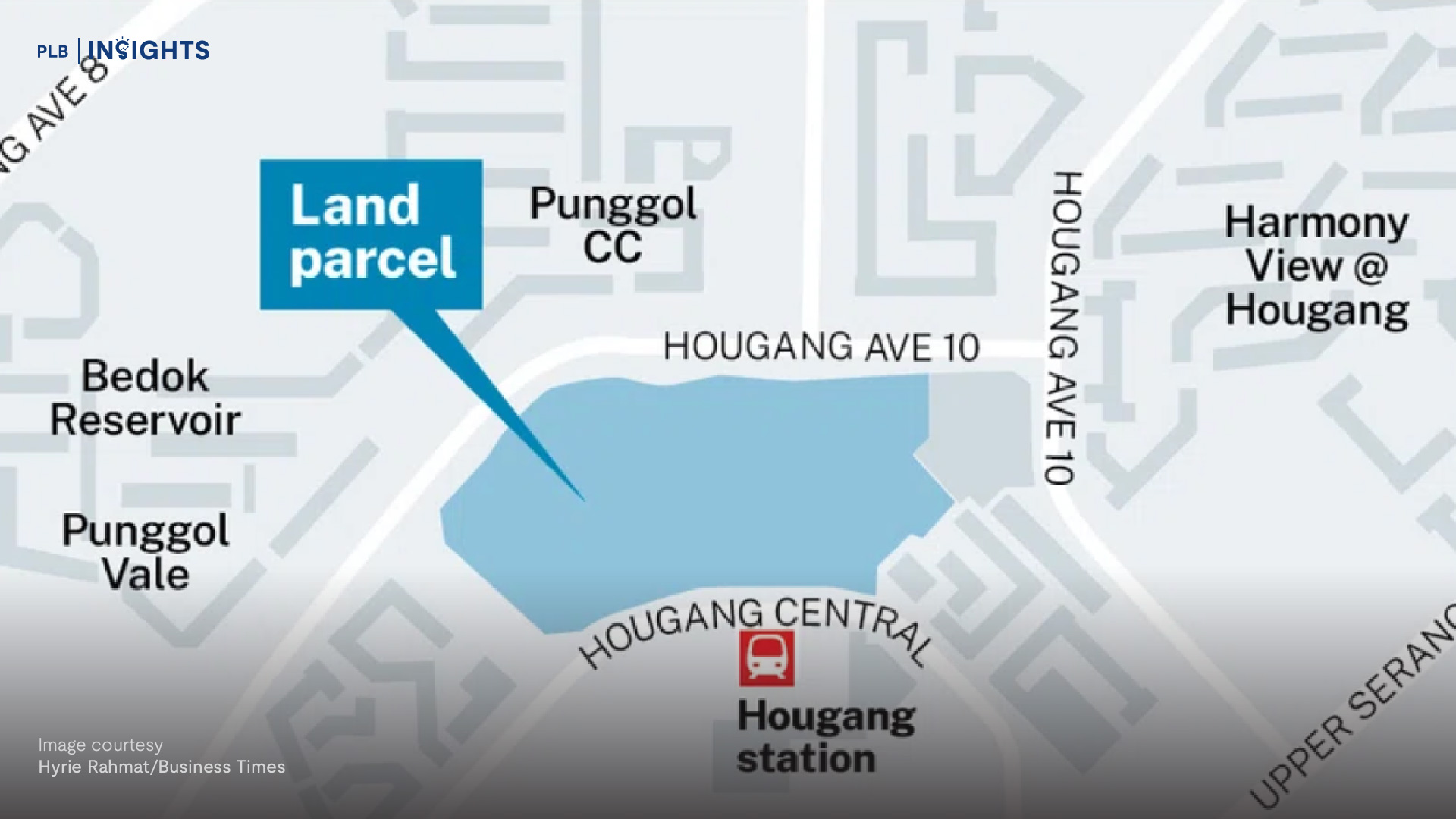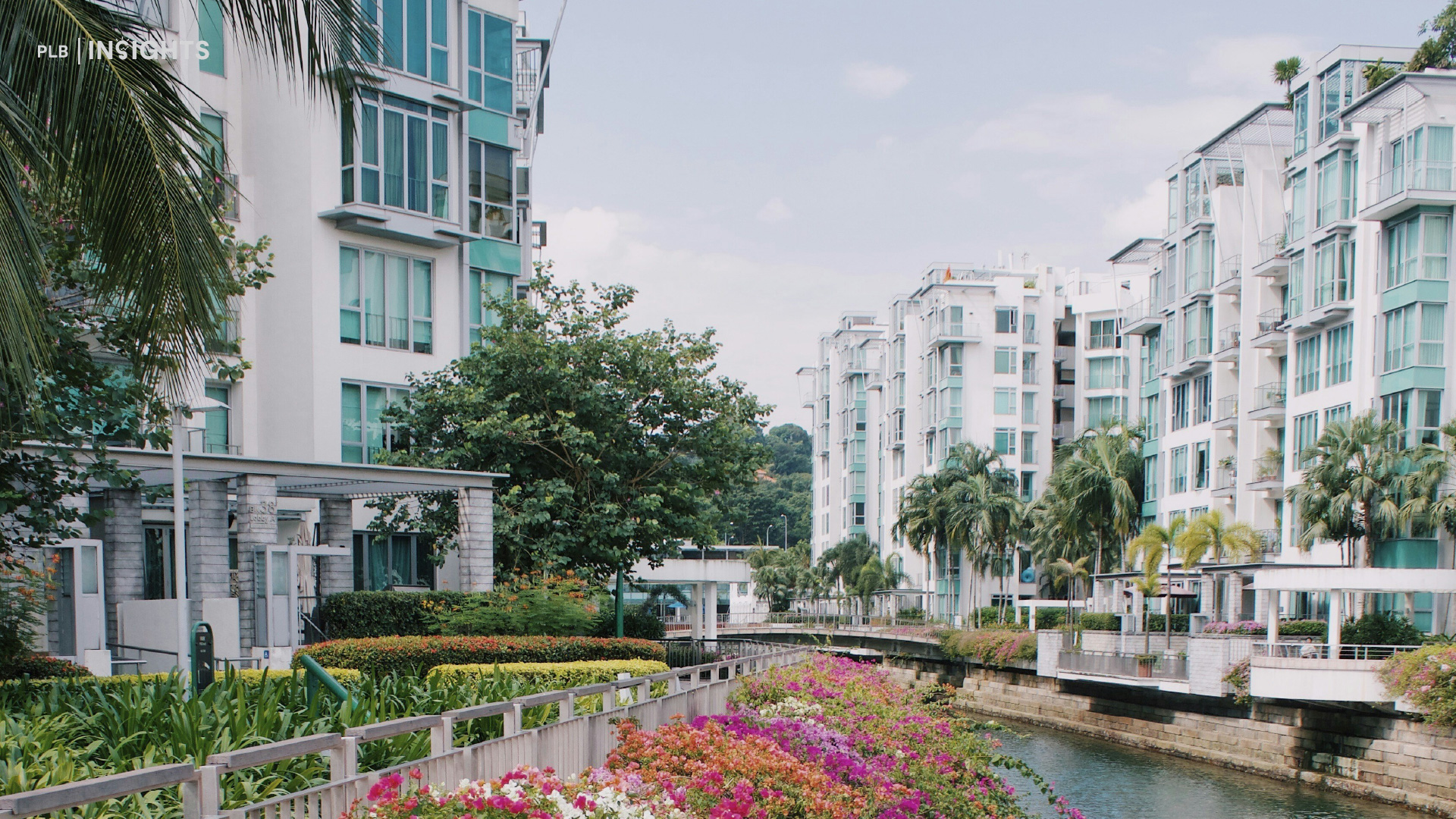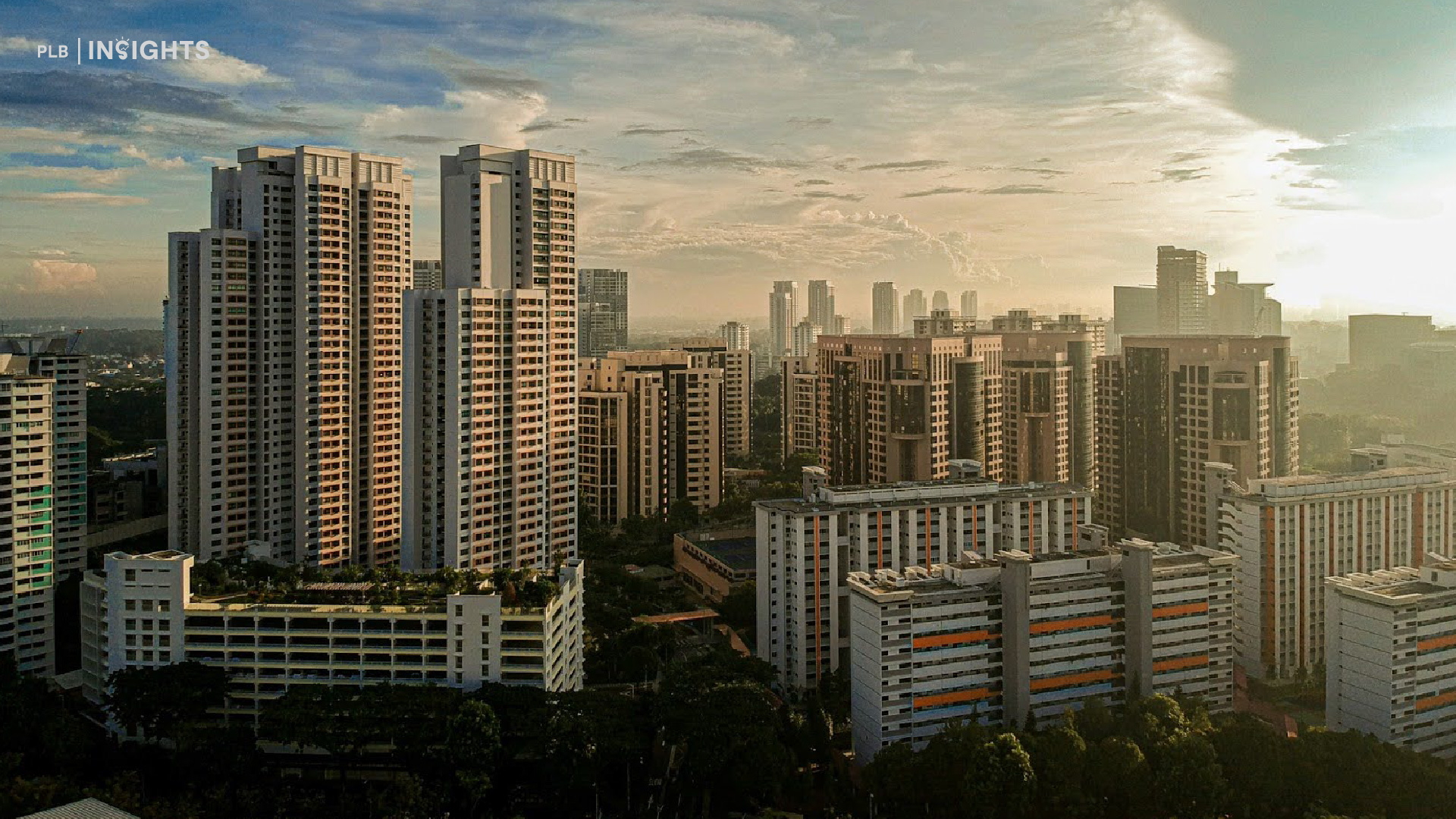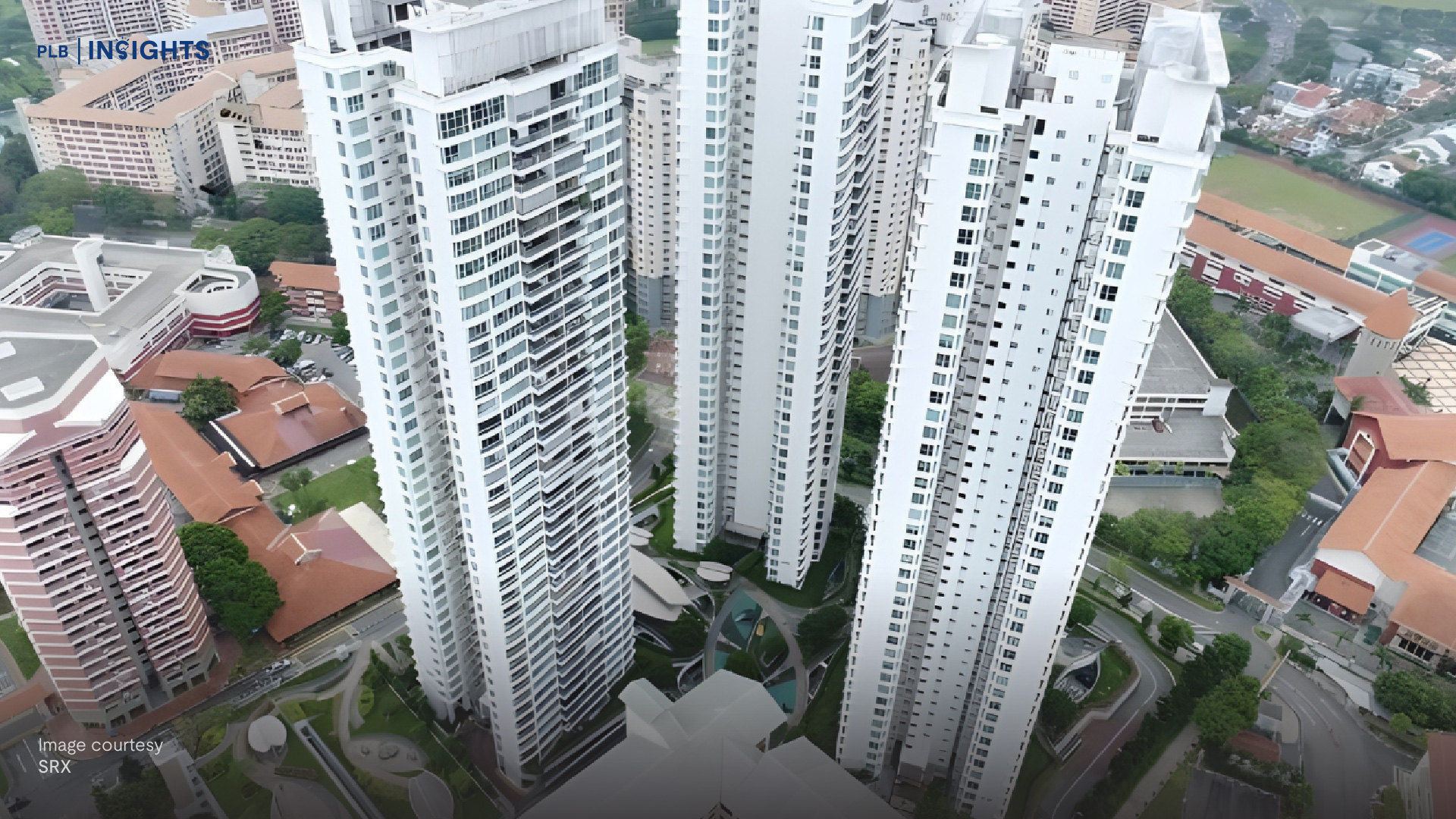
War is a terrifying affair. Over the past two weeks, we’ve been reminded of newscasts covering the conflict between Russia and Ukraine. Social media posts of people closest to the war share their raw emotions of fear over the uncertainty and keep the world on its toes. Our heart goes out to all the lives lost in the conflict and hope for peace to return to the region.
This article covers what’s on everyone’s mind: the war in Ukraine. Specifically, we cover how this kind of conflict affects and relates to Singapore and its real estate market. In our analysis, we bring up three points on how geopolitical instability in other parts of the world impacts Singapore’s market by learning from history.
1. Effect of Geopolitical Instability
Singapore has enjoyed a long period of geopolitical stability. This does not often come to mind due to our busy schedules, juggling work and family. It is a privilege to live the way we can, and we should never take peace for granted. Outside of our small island, the past decade has been littered with destabilising geopolitical events: the Armenian–Azerbaijani conflict (September 2020), Myanmar civil war (February 2021), and earlier war in Donbas, Ukraine (March 2014). There are many others as well.

The most salient aspect of destabilising events is infrastructure and real estate destruction. However, this is more true for military-level conflicts in urban areas. In the above chart, we see the supply of real estate in dwelling stocks dipped around 11% in the year of the Donbas conflict (2014). Not all geopolitical events lead to direct impacts on the real estate market. In the case of the Armenian–Azerbaijani conflict (2020) and Myanmar civil war (2021), we see a dip in real GDP growth in their respective years in the charts below.


Note that many factors affect real GDP growth. From 2020 to 2021, the COVID-19 pandemic also negatively impacts GDP and confounds the effect of geopolitical events. Nonetheless, we see a more substantial negative shock in the year of the conflict rather than the start of the pandemic in 2020. Every country and conflict is different. They vary in the degree of violence and breadth of impact. Thus, it is difficult to predict how such conflicts will affect GDP as it unfolds. We only know for a fact after some time has passed. In observing the financial impact of such crises, patience is crucial in arriving at a more accurate assessment of the big picture.
2. Geographical Proximity & Impact
The geographical distance between Singapore and the countries affected by these crises matters. Space buffers us from the direct impacts of the conflict on the macro-economy and the real estate market. Destabilising events have a localised effect. Neighbouring countries might also be affected, but the magnitude of impact should be considerably smaller if the conflict is contained. Singapore is mainly sheltered from the direct implications of the abovementioned conflicts on our real estate market.

The chart above shows Singapore’s private property price index by quarter. Boom and bust cycles are closely related to cooling measures, US Fed interest rates, and global economic crises. Since these changes directly impact buying and selling decisions, it pushes away other events and considerations as side factors. The direct impact of geopolitical instability in distant countries on our real estate market is muted.
There are still indirect effects of the distant conflict that may trickle down into Singapore’s economy and real estate market. The most salient of these indirect effects would be increasing commodity prices and disruptions to the global supply chain. Commodity prices tend to increase during significant scale conflicts as portfolio managers shift into more defensive positions. In the recent Ukrainian conflict, we have seen the price of crude oil shoot up more than 30%, from $93USD to $122USD per barrel.

The price of oil increasing signals more than just the increasing car petrol prices and utility bills. An prolonged energy crisis could result in higher prices across the board as cost-push inflation. In the context of Singapore’s real estate market, material and transport costs would rise and could potentially translate to higher construction costs of new projects. Eventually, end-consumers would be the ones footing the bill. Due to the inflationary effect, property prices would increase, barring any direct involvement in the conflict.
Geopolitical instability also causes disruptions to the supply chain on a regional or global scale. The global transportation industry will suffer from no-fly zones to the re-routing of supply routes. Delays should be expected and perhaps rising prices, although not on the scale of a global pandemic. Overall, the part of Singapore’s real estate market that would be impacted the most would be the price and length of future developments, though we expect this effect to be relatively small.
3. Movement of Capital
Another critical factor resulting from geopolitical instability is the movement of financial capital. Typically, money is moved to defensive asset classes like bonds and dividend stocks and into other institutionally-sound countries. Singapore is fortunate because it has well-developed institutions and a healthy capital market. Coupled with geopolitical stability, Singapore becomes a potential choice as a haven for fleeing foreign capital.
As Singapore is also known for its relatively lower tax rates, fleeing foreign capital might find itself in the commercial sector. This would also apply to the real estate market. The commercial property in Singapore might see a slight uptick from foreign interest. Due to its safe-haven traits, Singapore would benefit from the movement of financial capital.
Closing Thoughts
To close this article, we once again offer our thoughts to the lives lost and their family who dearly misses them. While it is natural to want to find out how we (the Singapore market) are affected by the conflict, we should also appreciate the peace we enjoy and not take it for granted.
Overall, our analyses suggest that geopolitical conflicts worldwide impact the price and length of future developments in Singapore. We may also see an increase in foreign capital inflow as affected individuals and institutions may park their money in Singapore. Of all the different property classes, we expect that commercial property would benefit the most from foreign capital inflows compared to other property classes.









